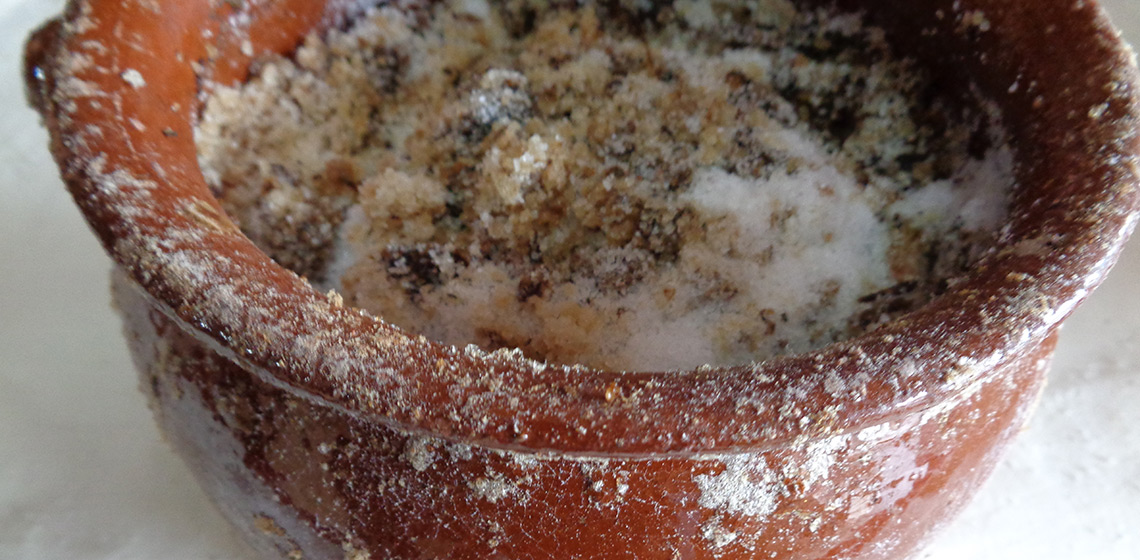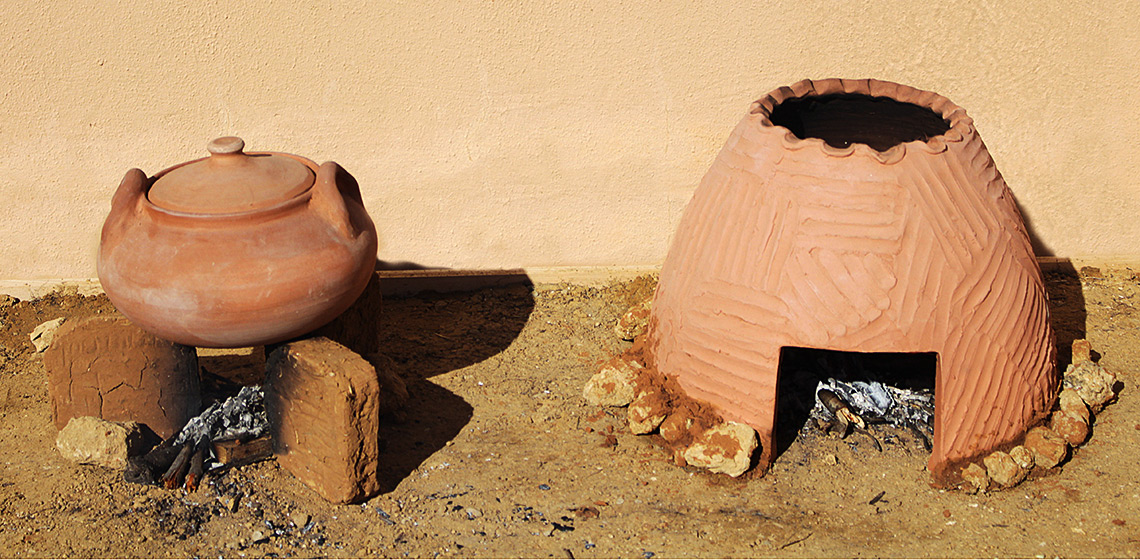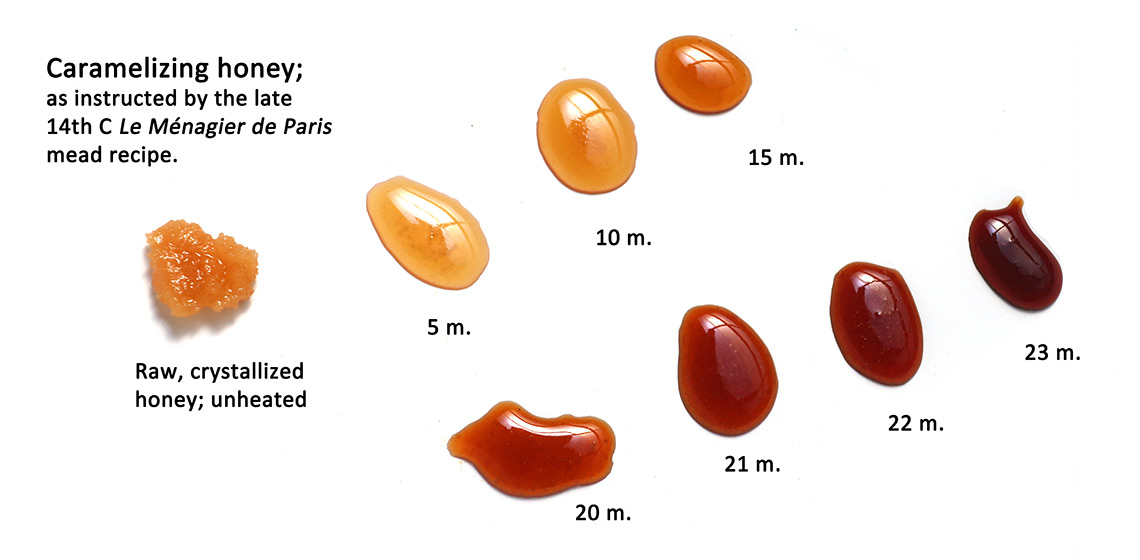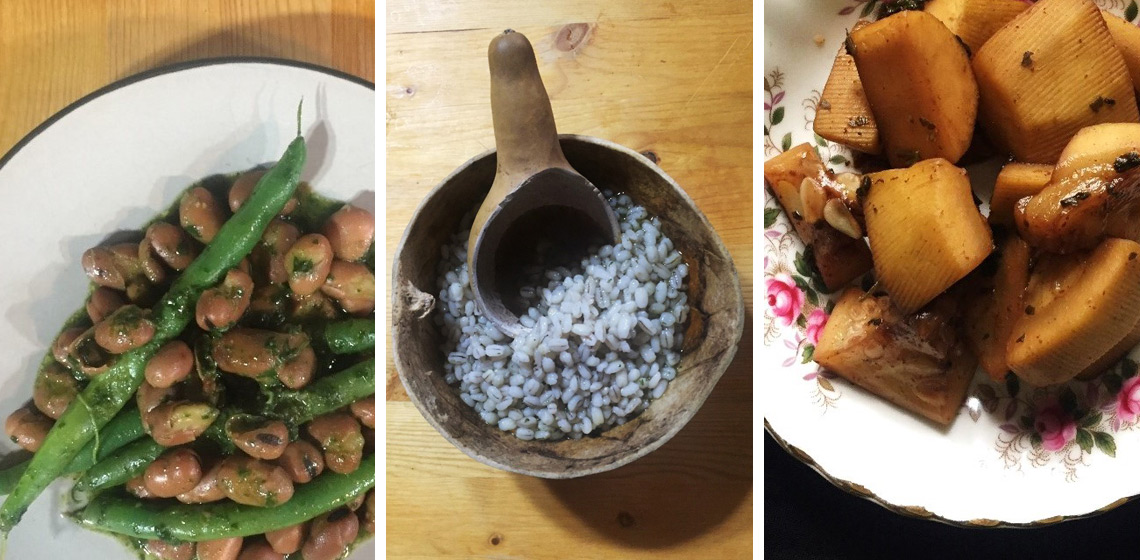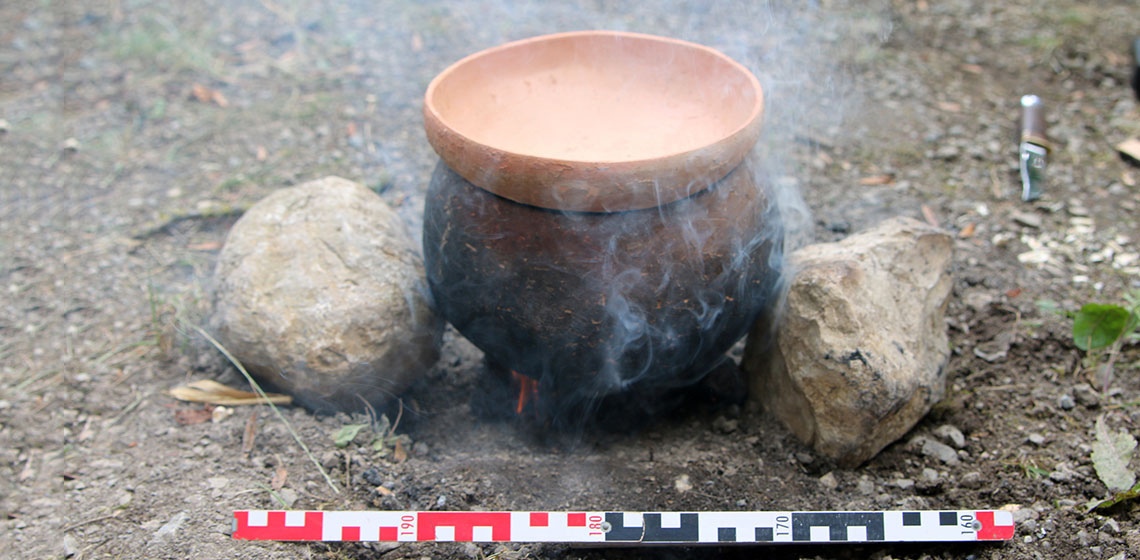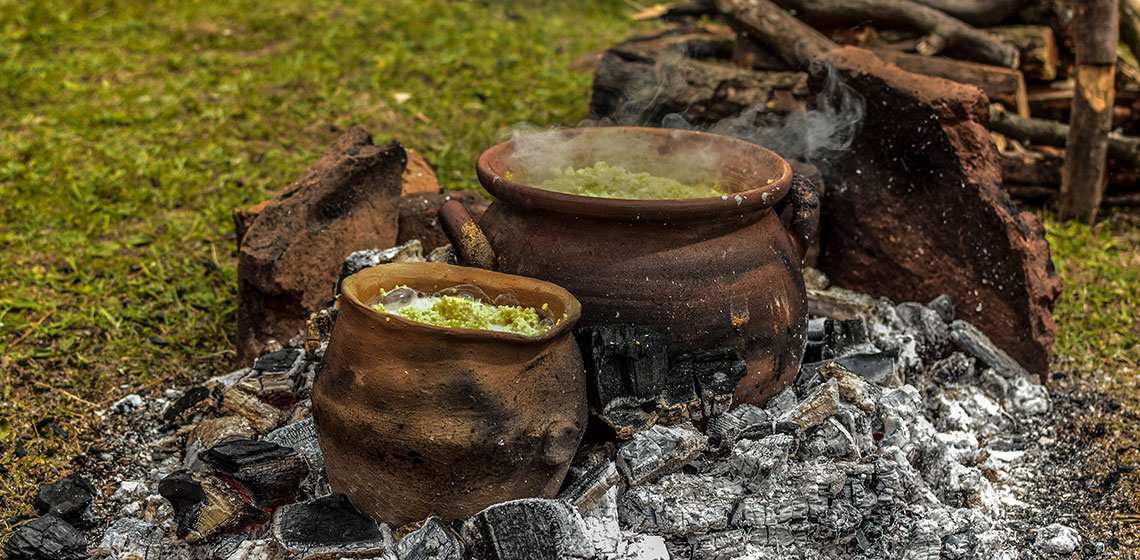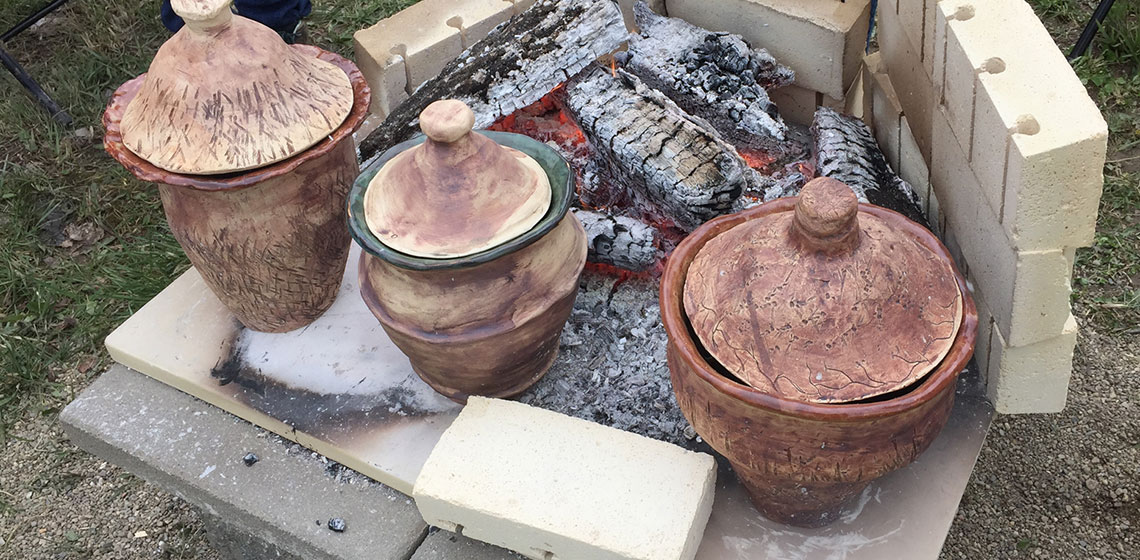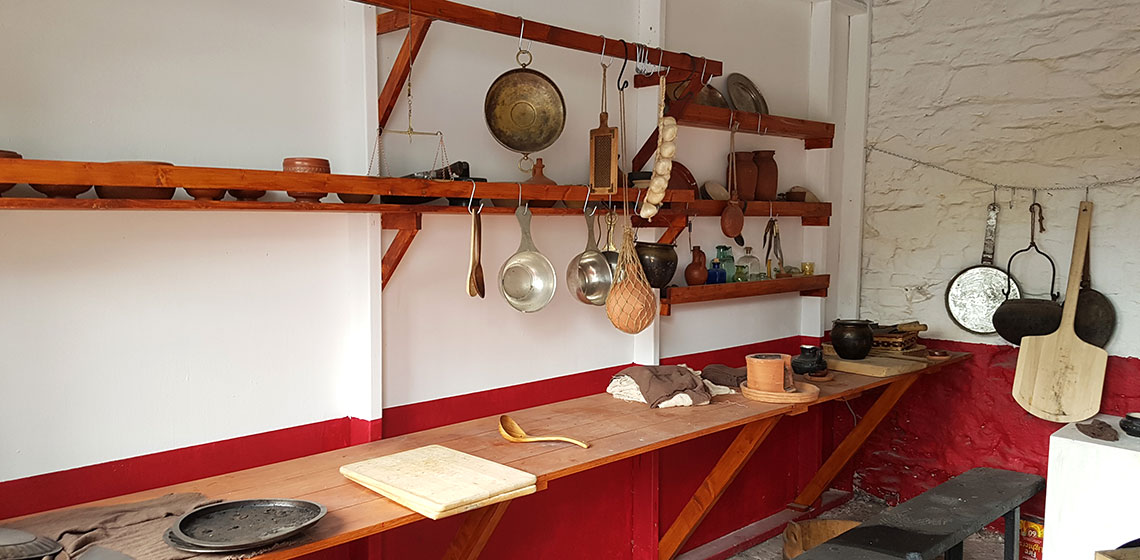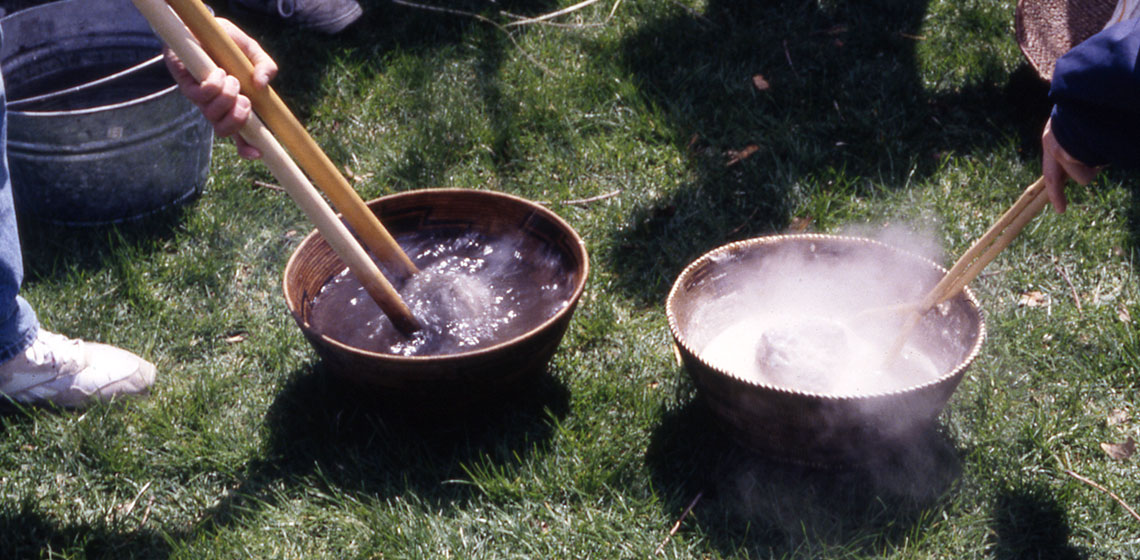cookery
Garum Sardiniae in Tabula: Rediscovering the Ancient Taste of Roman Cuisine
Publication Date
The historiography concerning the Garum, as well as the archaeological evidence of the same, are very wide and cover the entire topic both from the historical and archaeological points of view. Can a team of archaeologists faithfully recreate Garum today, starting only with the historical knowledge available to us, and at the same time ...
An Experimental Approach to Tannur Ovens and Bread Making in the southwest of the Iberian Peninsula during the Iron Age
Publication Date
Culinary culture has played an essential role in the configuration and interaction of human societies throughout history, shaping both individual and collective identities. Like the modern Mediterranean diet, Phoenician-Punic subsistence relied on cereals, often in the form of...
Pit Preserve from Ida – on the Problem of Charred Seeds from Prehistoric Pits
Publication Date
Introduction
A wild seed propagator and gardener (such as myself) relies on years of close human-plant interaction. The adaptability of domesticated and many wild plants to human economy and behaviour has always thrilled me. When I first read archaeological reports of frequent and large amounts of prehistoric charred seeds that were dumped in the ground I was bemused. It contrasted starkly with the care and sensitivity I use in the processes of seed harvest, drying and selection. So I started reading more and also charring seeds myself.
An Analysis of Contemporary Sources to Uncover the Medieval Identity of the Drink Bochet
Publication Date
When Le Ménagier de Paris (1393), a medieval household manual detailing a woman's proper behavior in marriage and running a household, was newly translated and republished as The Good Wife’s Guide: a Medieval Household Book by the Cornell University Press in 2009, its collection of recipes – including one for bochet – became easily available to the general public...
Diet of the Poor in Roman Italy: An Exploration of Wild and Cultivated Plants as an Essential Dietary Component
Publication Date
Most of the population of Roman Italy was poor, whether they were the poor who were constantly in search for food and shelter, or the temporarily poor who were artisans or shopkeepers but could fall into poverty at times. In classical literature, pleasures of the mind were favoured over pleasures of the body. Epictetus wrote that only stupid men spent time dwelling on matters of the body such as eating...
The Question of Fuel for Cooking in Ancient Egypt and Sudan
Publication Date
Little is known about the actual cooking processes and in particular fuel-related activities in Egypt and Northern Sudan (Nubia) in antiquity, especially during the Bronze Age. Considering that wood was, in general, rare along the Nile valley and therefore an expensive raw material, animal dung was tested in 2018 by means of...
Rubobostes' Feast
Publication Date
In Romania, in recent years, numerous cultural events and projects have been developed to reconstruct some aspects of everyday life from the past, or to promote archaeological sites (Ardeleanu, 2012, pp.72-73). One of these sites is the Porolissum Archaeological Reserve (Sălaj County). It includes an important prehistoric centre (with discoveries from the Neolithic Age, Bronze Age, Hallstat, and...
Experimental Archaeology as Participant Observation: A Perspective from Medieval Food
Publication Date
10th EAC Leiden 2017
***Central to anthropology is the concept of participant observation, where a researcher engages in immersive learning through ethnographic fieldwork. This concept is also important for archaeologists as immersive learning provides an avenue for more robust interpretation and the development of...
***Central to anthropology is the concept of participant observation, where a researcher engages in immersive learning through ethnographic fieldwork. This concept is also important for archaeologists as immersive learning provides an avenue for more robust interpretation and the development of...
Castrum Corcagiensis - Roman Experimental Archaeology in Ireland
Publication Date
Barrack blocks were a central feature in any Roman fort and functioned as the living spaces for a Century and its officers. While Roman forts varied in size from just over an acre for a simple ‘numerius’ fort, to over 55 acers for some large ‘legionary’ forts such as Deva (Chester), the layout of a barrack block...
Cooking in Baskets Using Hot Rocks
Publication Date
Baskets are among the most ancient of human artefacts. Everyone is familiar with their most common functions as containers for transport and storage. When told that baskets have also served as cooking vessels, most people will be unable to conceive of how this is possible, yet this was a primary function of baskets for many cultures of the past, and some until the present...

